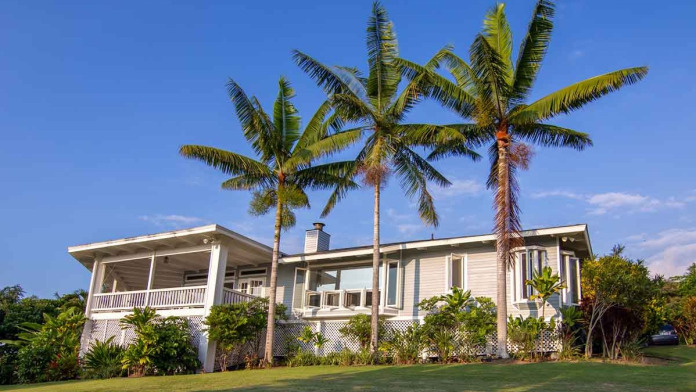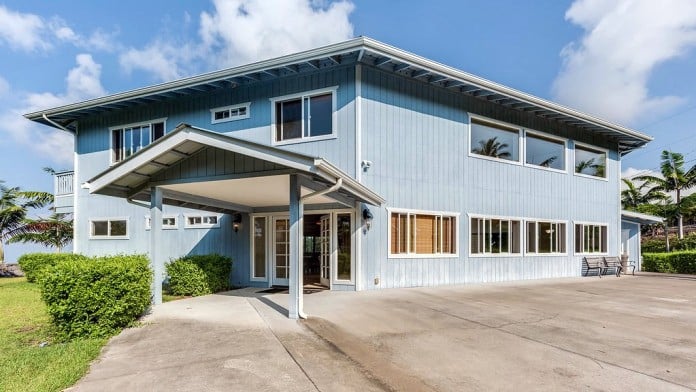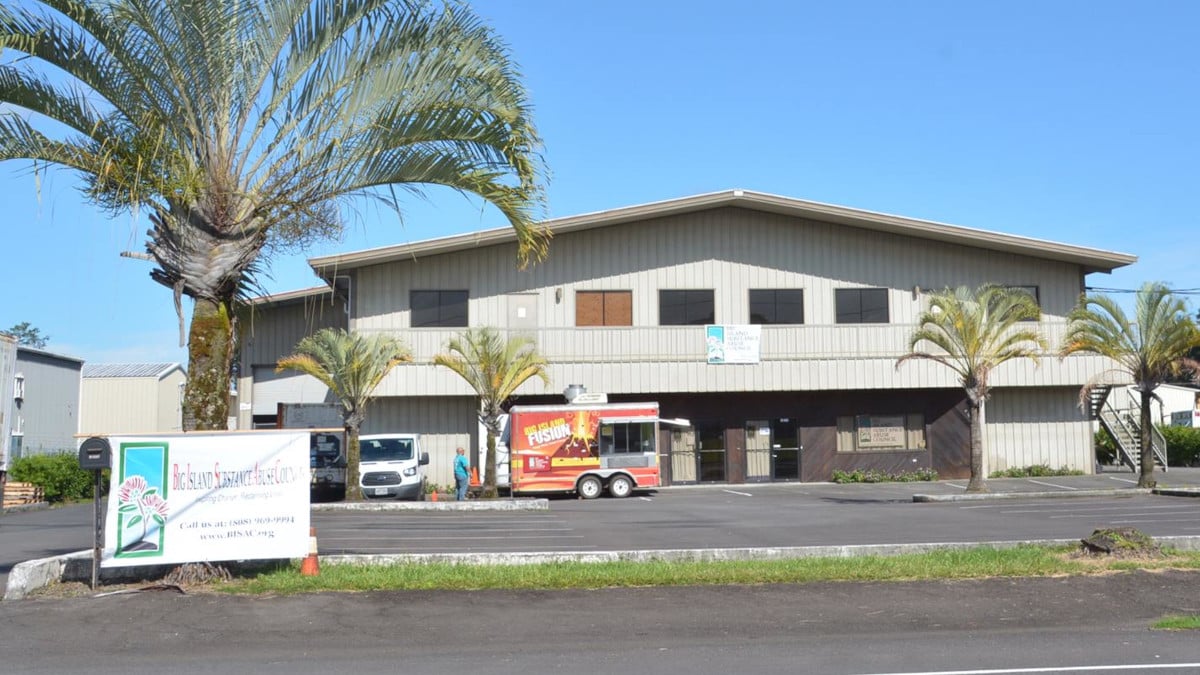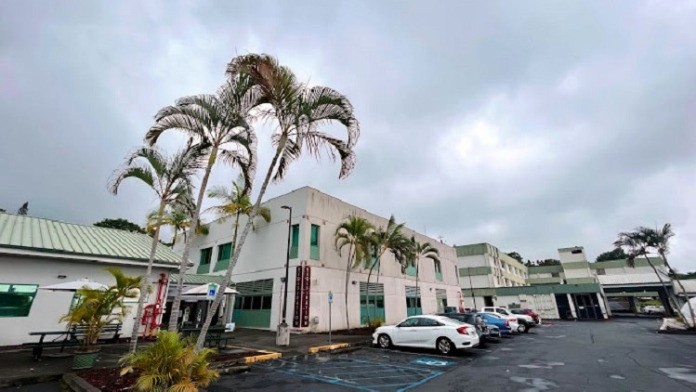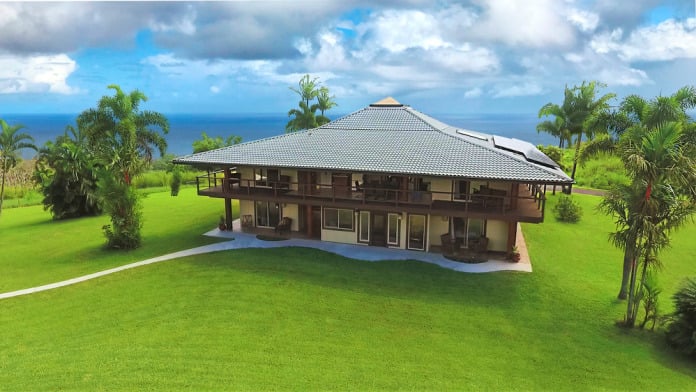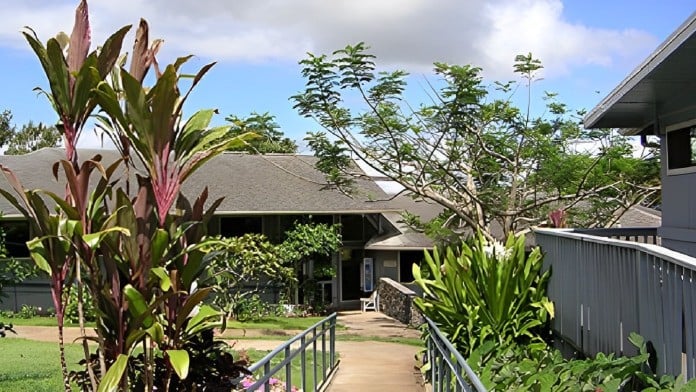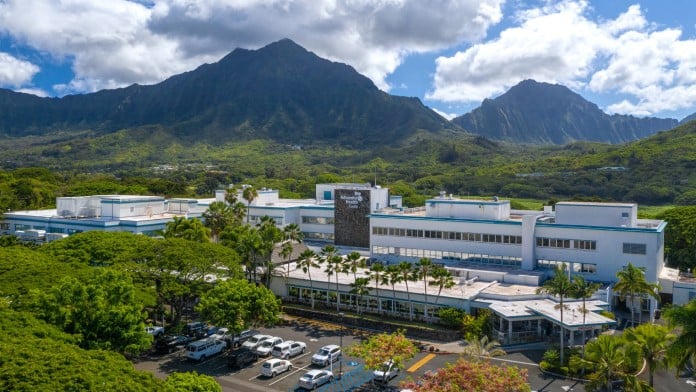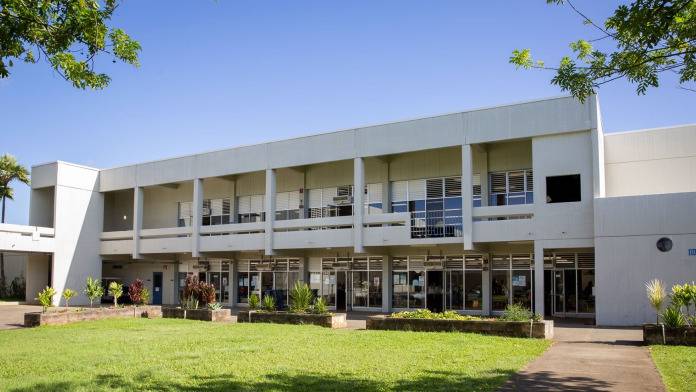About The Ohana Addiction Treatment Center
The Ohana Addiction Treatment Center is located in Kailua Kona, Hawaii on the West Coast of Hawaii Island, often referred to as the Big Island. Ohana is a Hawaiian word that means “family” which is how you’re treated at their facility. They provide a resort style luxury rehab campus on the seaside. The area is known for its amazing weather, making it a unique and peaceful place to experience your recovery journey.
A Peaceful Environment Supports Recovery
They believe that the environment is important to your healing process. The campus has a total of over 6,000 square feet for your wellness and enjoyment. They offer an alcohol, drug, and dual diagnosis treatment program designed to meet your needs. Your program begins with a comprehensive assessment to identify your challenges and create a comprehensive program.
Premium Amenities and Features at This Hawaii Rehab
They have a high staff to client ratio and amenities that include gourmet dining and spa services. Your program starts with detox and counseling and can integrate holistic treatments such as yoga and meditation. But one of their key differentiators is the high quality clinicians and staff that have a deep understanding of the complexities of addiction and are dedicated to providing you with high quality care.
Specialized Dual Diagnosis Treatment
Your treatment will vary depending on the severity of the disorder, how frequently you use your drugs or alcohol, how long you’ve been addicted, your lifestyle choices, and more. Dual diagnosis programs require specialized care to treat mental health and substance use disorders simultaneously. This is because both conditions typically exacerbate the other, making treatment more complex.
Depression, anxiety and chronic pain are some of the more common co-occurring conditions that may accompany a substance use disorder. They provide the ongoing support you need to deal with these complex issues. After your residential treatment, they help you find a sober living program that helps with your transition back into independent life in recovery. They work with most major insurance companies and with individuals who want to travel to Hawaii for their recovery.
Latest Reviews
The Ohana Addiction Treatment Center is state licensed, Department of Health accredited, and Joint Commission accredited, and is staffed with the most licensed clinical professionals on-site of any program in Hawaii. Our medical team includes a board-certified addictionologist, physicians, nurses, and licensed clinicians. While we are not a hospital setting, we provide medically managed detoxification services within our residential program. Each client’s screening is reviewed by our Medical Director prior to admission to ensure we can safely meet their needs.
We also want to clarify our emergency protocols: we have a formal higher-level-of-care transfer policy with Kona Community Hospital. If a client requires care beyond the scope of our setting, we coordinate and arrange immediate transport.
Detox protocols, including taper schedules, are individualized, evidence-based, and overseen by our Medical Director. These are reviewed with each client at the start of their care, and adjustments are made based on their unique needs and progress.
Finally, we recognize that many of our positive reviews come from clients and families who may be leaving a review for the very first time. This is common in healthcare, where anonymity and privacy are deeply valued, and we respect that choice.
For anyone considering treatment with us, we encourage you to reach out directly with any questions. We are more than happy to provide details about our clinical team, detox protocols, and safety procedures so that you can make an informed decision with confidence.
Rehab Score
Gallery
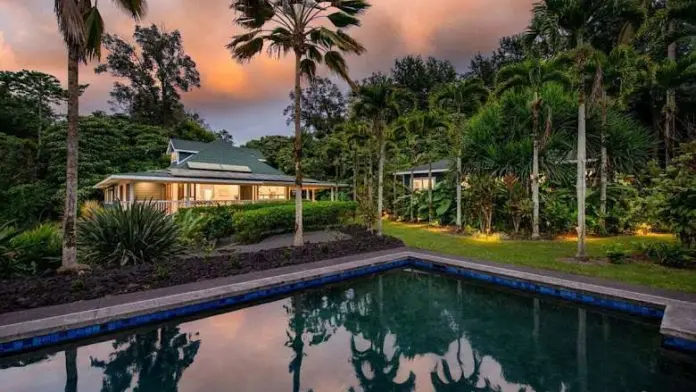

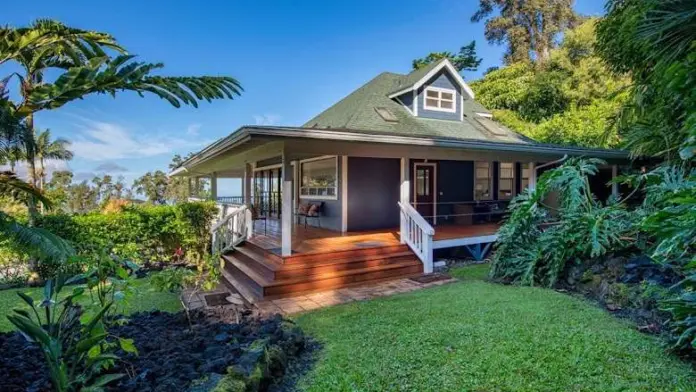

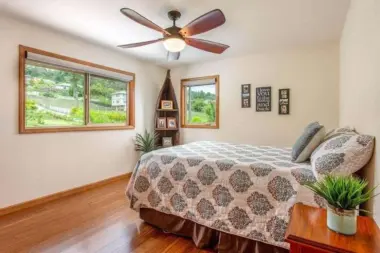
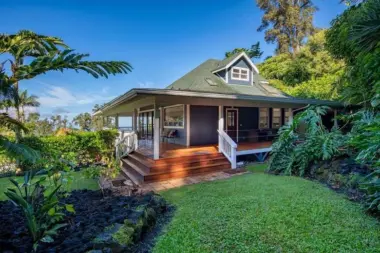
Accepted Insurance
Other Forms of Payment
Private insurance refers to any kind of healthcare coverage that isn't from the state or federal government. This includes individual and family plans offered by an employer or purchased from the Insurance Marketplace. Every plan will have different requirements and out of pocket costs so be sure to get the full details before you start treatment.
Self-pay involves paying for treatment out of your own pocket. You can use savings or credit, get a personal loan, or receive help from family and friends to fund your treatment. If you don't have insurance or your insurance plan doesn't cover a specific program, self-pay can help ensure you still get the care you need.
Military members, veterans, and eligible dependents have access to specific insurance programs that help them get the care they need. TRICARE and VA insurance can help you access low cost or no cost addiction and mental health treatment. Programs that accept military insurance often have targeted treatment focused on the unique challenges military members, veterans, and their families face.
Addiction Treatments
Levels of Care
Outpatient Programs (OP) are for those seeking mental rehab or drug rehab, but who also stay at home every night. The main difference between outpatient treatment (OP) and intensive outpatient treatment (IOP) lies in the amount of hours the patient spends at the facility. Most of the time an outpatient program is designed for someone who has completed an inpatient stay and is looking to continue their growth in recovery. Outpatient is not meant to be the starting point, it is commonly referred to as aftercare.
Residential treatment programs are those that offer housing and meals in addition to substance abuse treatment. Rehab facilities that offer residential treatment allow patients to focus solely on recovery, in an environment totally separate from their lives. Some rehab centers specialize in short-term residential treatment (a few days to a week or two), while others solely provide treatment on a long-term basis (several weeks to months). Some offer both, and tailor treatment to the patient's individual requirements.
Intensive outpatient programs (IOP) enable clients to live at home and continue working or attending school while also receiving robust therapeutic support for addiction. Clients attend multiple treatment sessions per week, where they typically receive a combination of psychotherapy, addiction education and recovery skills training, and evidence-based complementary care. Medication assisted treatment (MAT) is also available in many intensive outpatient rehabs. Treatment typically involves between nine and 20 therapeutic hours weekly. IOP is ideal for clients in early recovery.
Rehab aftercare programs ensure clients' continued access to personalized care after the completion of formal addiction treatment. Case managers and recovery teams assess clients' needs and goals and identify the rehab aftercare services to best support clients' sustained sobriety. Clients may receive a variety of services to facilitate their successful reintegration into their home, workplace, and community, including peer coaching, career counseling, and 12 step program induction, among other programs.
12 step programs promote long-term sobriety through a process of personal growth rooted in spiritual principles. Participants work through the 12 steps by learning to define and address the root causes of their addiction, to take responsibility for their choices and actions, and to relinquish control over that which cannot be changed. Participants attend regular, anonymous 12 step meetings and are mentored by a self-selected sponsor. Specialized formats, including age and gender specific groups, are available.
A sober living home in Hawaii helps residents achieve several goals that will help them move forward in their recovery journey. During their stay at a men's or women's sober living home, residents find and maintain employment, locate more permanent housing, make amends with friends and family members hurt by their substance abuse, and adjust to maintaining a sober lifestyle in a less structured environment.
A partial hospitalization program (PHP) provides short-term intensive rehab for those who don't require 24-hour care. You can commute to and from treatment each day, giving you the flexibility to continue your daily activities while receiving care. Typical PHPs require you to attend a minimum of 20 hours weekly for an average of 90 days. While costs can vary, PHP treatment is often fully covered by insurance. PHP treatment offers comprehensive therapy sessions that may include medication management and relapse prevention strategies.
Due to the physical risks of detox, it is ideal to complete this stage of recovery in 24-hour clinical care in Hawaii. In this setting, medical professionals assist you every step of the way. Doctors and addiction specialists ensure that your detox process is as comfortable and safe as possible by treating physical and psychological symptoms of withdrawal.
Medical detox is the safest way to help rid your body of addictive substances. It takes place in an inpatient setting under the supervision of licensed medical professionals who monitor your vitals and provide any necessary medications to alleviate potential withdrawal symptoms. Typically, this is the first step in the addiction recovery process, and it is often followed by inpatient treatment.
Treatments
Substance rehabs focus on helping individuals recover from substance abuse, including alcohol and drug addiction (both illegal and prescription drugs). They often include the opportunity to engage in both individual as well as group therapy.
Programs
Adult rehab programs include therapies tailored to each client's specific needs, goals, and recovery progress. They are tailored to the specific challenges adult clients may face, including family and work pressures and commitments. From inpatient and residential treatment to various levels of outpatient services, there are many options available. Some facilities also help adults work through co-occurring conditions, like anxiety, that can accompany addiction.
Young adulthood can be an exciting, yet difficult, time of transition. Individuals in their late teens to mid-20s face unique stressors related to school, jobs, families, and social circles, which can lead to a rise in substance use. Rehab centers with dedicated young adult programs will include activities and amenities that cater to this age group, with an emphasis on specialized counseling, peer socialization, and ongoing aftercare.
Serving in the military is both mentally and physically challenging, and can result in trauma that persists even after combat ends. Military programs are tailored to the specific and often complex needs of active duty personnel, veterans, and military families. Clients often access these programs through the U.S. Department of Veterans Affairs (VA).
Clinical Services
Cognitive Behavioral Therapy (CBT) is a therapy modality that focuses on the relationship between one's thoughts, feelings, and behaviors. It is used to establish and allow for healthy responses to thoughts and feelings (instead of unhealthy responses, like using drugs or alcohol). CBT has been proven effective for recovering addicts of all kinds, and is used to strengthen a patient's own self-awareness and ability to self-regulate. CBT allows individuals to monitor their own emotional state, become more adept at communicating with others, and manage stress without needing to engage in substance abuse.
Dialectical Behavior Therapy (DBT) is a modified form of Cognitive Behavioral Therapy (CBT), a treatment designed to help people understand and ultimately affect the relationship between their thoughts, feelings, and behaviors. DBT is often used for individuals who struggle with self-harm behaviors, such as self-mutilation (cutting) and suicidal thoughts, urges, or attempts. It has been proven clinically effective for those who struggle with out-of-control emotions and mental health illnesses like Borderline Personality Disorder.
Within a group therapy environment, people can see other individuals walk through a successful recovery and model behaviors that provide them with inspiration and practical examples of how to manage their addiction and maintain their sobriety within the community.
Customized individual therapy programs involve one on one sessions with a therapist to address the psychological aspects of addictive behavior. Your therapist uses evidence based treatment modalities to help you develop healthy coping strategies and manage addiction triggers within the community.
Motivational interviewing is simply a conversation about change. The therapist seeks to encourage the client's personal motivation to change and collaborate with them to make a commitment to change. This technique is often used in drug rehab therapy in Hawaii.
During trauma therapy in Hawaii, your therapist helps you reclaim your life after witnessing or experiencing a traumatic event. Therapy assists you in processing the memories and fostering emotional healing. This helps to build resilience so you can navigate future challenges more successfully.
During couples therapy in Hawaii, your therapist may borrow techniques from multiple forms of therapy based on your needs. Methods may include cognitive behavioral therapy and emotionally focused therapy. The ultimate goal of treatment is a stronger relationship.
Family therapy engages members in a collective effort to understand and combat addiction. Therapists help families establish healthy boundaries and improve emotional support systems. By working together, family members can help their loved one sustain long term recovery.
During treatment, you'll work on strengthening any life skills you'll need after rehab. These may include interpersonal communication, finding a job, managing finances, and coping with stress. These skills cover the basic tasks you'll need to accomplish to successfully maintain sobriety.
Nicotine replacement therapy (NRT) in Hawaii is an important piece of most smokers' quit plans. It's available in multiple formats, so you can choose the one that's best for you. Most NRT products, such as patches and gum, are safe for nearly all nonpregnant adults.
Amenities
-
Residential Setting
-
Private Rooms
-
Spa
-
Gardens
Staff & Accreditations
Staff
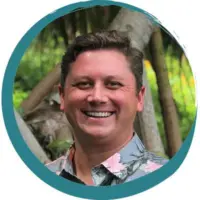
Elliott Michael Smith
CEO
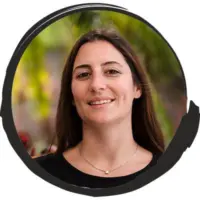
Bridget Heady
ED

Dr. Michael J. Mcgrath, PSYCH
CCO & MD

April Moran, MS. ED., LMHC
CD
Accreditations

LegitScript has reviewed The Ohana Addiction Treatment Center as part of their certification program, and has determined that it meets the LegitScript standards for legality, safety and transparency.
LegitScript verified in

The Joint Commission, formerly known as JCAHO, is a nonprofit organization that accredits rehab organizations and programs. Founded in 1951, the Joint Commision's mission is to improve the quality of patient care and demonstrating the quality of patient care.
Joint Commission Accreditation: Yes

The National Association of Addiction Treatment Providers (NAATP) is a professional association that represents organizations in the field of addiction services. Founded in 1978, NAATP's mission is to advance addiction services and ensure that high-quality addiction treatment is available and accessible.
NAATP Member: Yes
Contact Information
75-5915 Walua Road
Kailua-Kona, HI 96740

